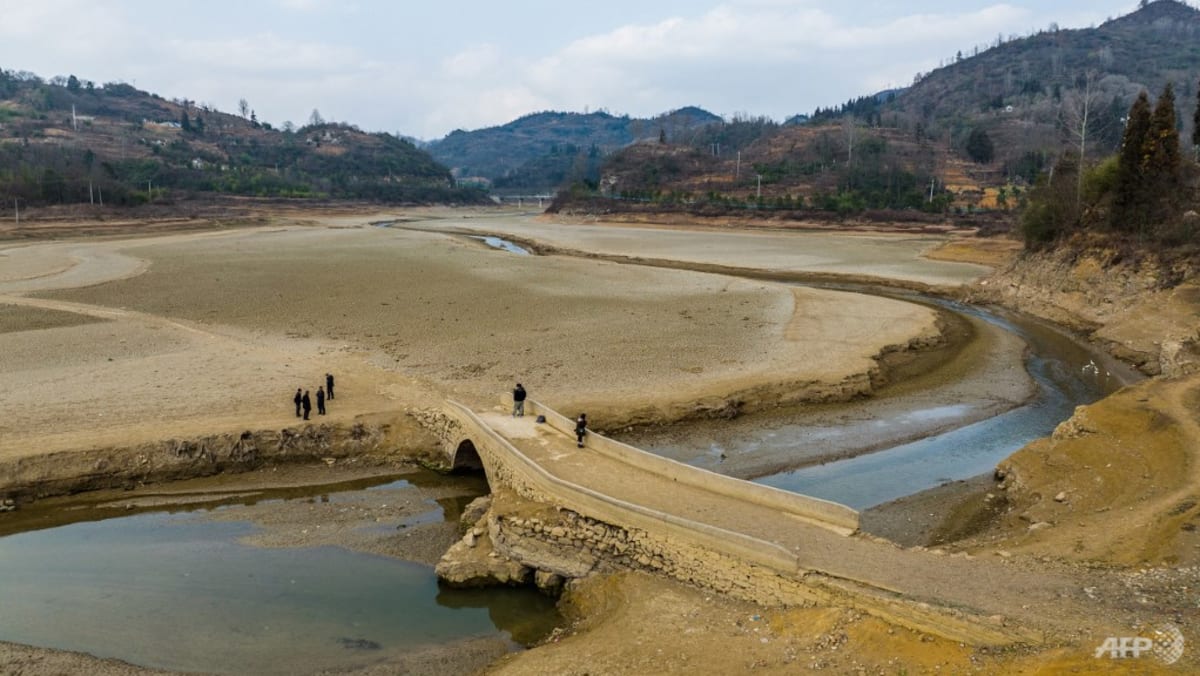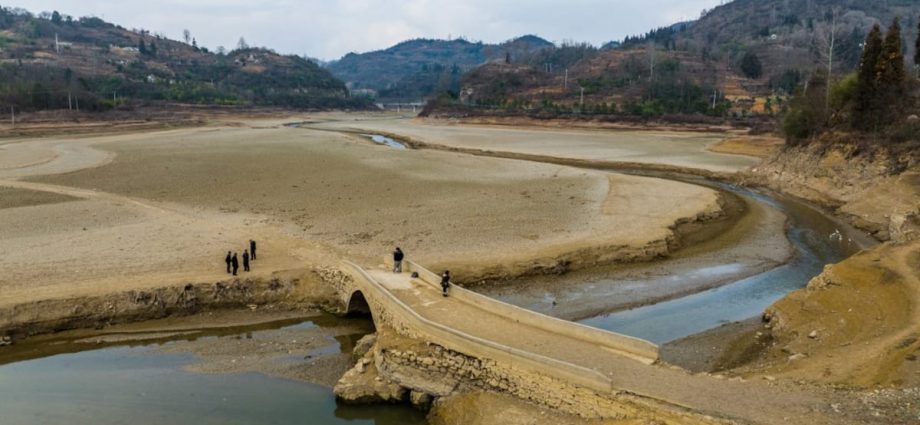
More than a dozen major Chinese cities have seen temperatures hit record seasonal highs this week, with central China’s Wuhan and Zhengzhou at more than 10 degrees Celsius higher than normal for early March, official data showed.
Wuhan, located on the middle reaches of the Yangtze river, registered temperatures of 26 degrees Celsius on Monday (Mar 6), 12 degrees higher than the long-term early March average, while Beijing and surrounding cities also saw temperatures reach 22 to 25 degrees Celsius earlier this week.
China experienced months of extreme heat last year, with 267 weather stations measuring record-breaking temperatures in excess of 40 degrees Celsius during a 70-day summer drought that hit the entire Yangtze river basin, triggering fires and damaging crops.
The country’s weather bureau has already warned that it was facing another year of extreme weather in 2023 as a result of global climate change.
The southwestern province of Yunnan, a major hydropower base, is already in the middle of a prolonged drought forecast to last into April, with average rainfall more than 60 per cent lower than usual since November last year.
The Poyang, China’s biggest freshwater lake and a major flood outlet for the Yangtze, has also failed to recover from last year’s drought, with water levels on Monday falling again below 7m, close to a record low, according to state media.
Chinese weather officials said at a routine monthly press briefing last week that average temperatures for the whole of February were 1.6 degrees Celsius higher than normal, with average rainfall also 3.9 per cent lower than the average.
Changing weather patterns also meant that spring had come early in many regions south of the Yangtze river, in some cases as many as 20 days earlier than normal, said Gao Rong, vice director of the National Meteorological Centre.
Low-pressure conditions this week have also contributed to smog build-ups throughout the pollution-prone region of Beijing-Tianjin-Hebei in northern China, where heavy industrial activities have also been ramped up.

